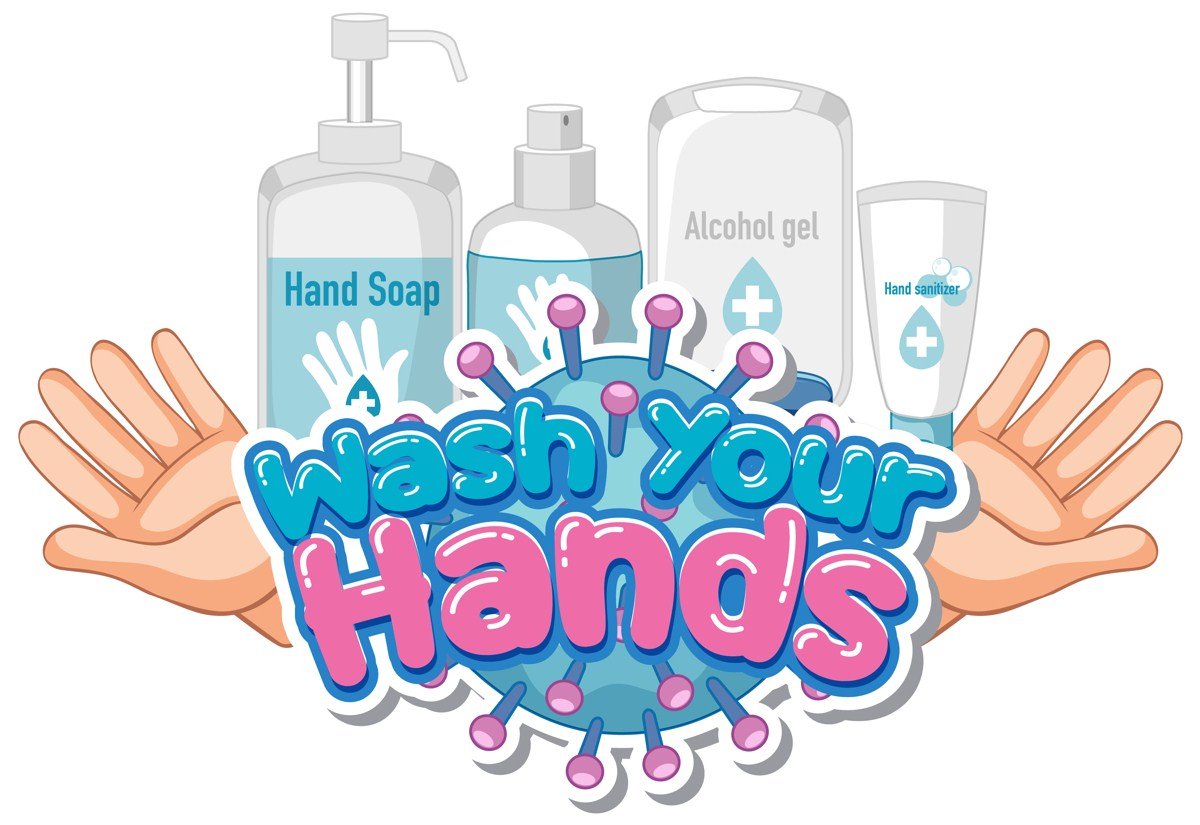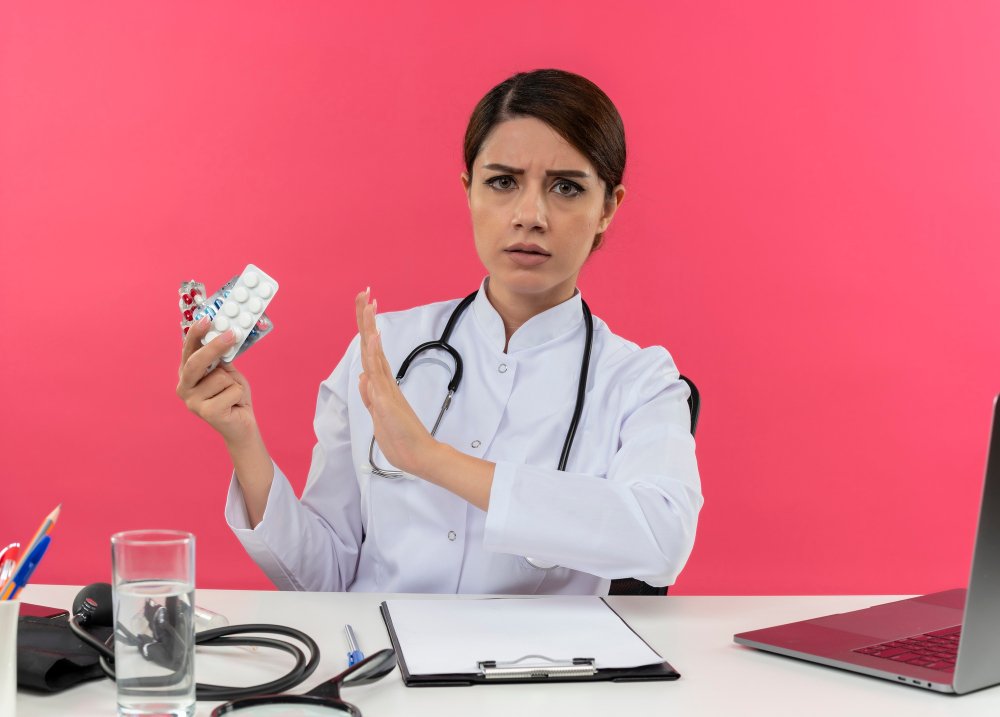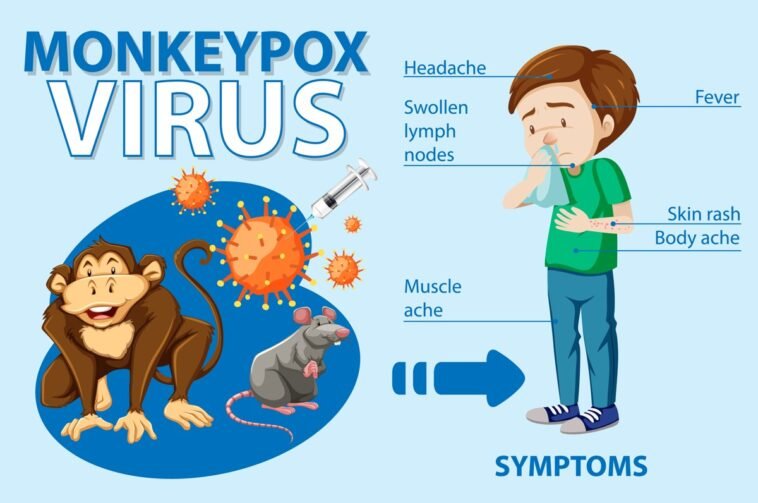Monkeypox is a rare but potentially serious viral disease that is similar to human smallpox but milder. It is caused by the monkeypox virus and is transmitted to humans from animals, such as rodents and primates. Although the disease is mostly found in Central and West Africa, cases have also been reported in other parts of the world, including the United States. Therefore, it is essential to take precautions to protect yourself from the disease. In this article, we will discuss five ways to protect yourself from monkeypox.
Read More: How Senior Citizens Can Keep Safe This Flu Season
Contents
What is Monkeypox?
Monkeypox is a rare viral disease that was first discovered in monkeys in 1958. The disease was later found in humans in 1970 in the Democratic Republic of the Congo (DRC). Monkeypox is similar to smallpox, but it is milder and less deadly. The virus is mainly found in Central and West Africa, but cases have also been reported in other parts of the world, including the United States.
How is Monkeypox Transmitted?
Monkeypox is mainly transmitted to humans from animals, such as rodents and primates. The disease can be transmitted through contact with infected animals, such as hunting or preparing them for food. The virus can also be transmitted from person to person through respiratory droplets, bodily fluids, or skin lesions of an infected person. The disease can also be spread through contact with contaminated objects, such as bedding or clothing.
Symptoms of Monkeypox
Symptoms of monkeypox usually appear within 5-21 days after exposure to the virus. The symptoms are similar to smallpox, but they are milder. The symptoms include fever, headache, muscle aches, backache, swollen lymph nodes, chills, and exhaustion. A rash then develops, often beginning on the face and then spreading to other parts of the body. The rash then changes and goes through different stages before forming a scab, which later falls off.
Five Ways to Protect Yourself from Monkeypox
Avoid Contact with Infected Animals
Monkeypox is primarily spread through direct contact with infected animals, such as rodents, monkeys, and other primates. Avoid handling or coming into contact with these animals, as well as their blood, urine, or feces. If you must handle animals, wear gloves and other protective clothing to minimize your risk of exposure.
If you live in or are traveling to an area where monkeypox is known to be present, be especially cautious around animals. Avoid visiting markets where live animals are sold, and do not handle any sick or dead animals you may come across.
Cook Your Food Thoroughly

In addition to direct contact with infected animals, monkeypox can also be spread through consumption of contaminated meat. To reduce your risk of exposure, it is important to cook your food thoroughly. This includes all meat products, such as beef, pork, and poultry, as well as wild game.
When cooking meat, use a food thermometer to ensure that it has reached a safe internal temperature. For example, poultry should be cooked to an internal temperature of 165°F (74°C), while beef and pork should be cooked to 145°F (63°C) for medium rare and 160°F (71°C) for medium. Avoid consuming meat that is undercooked or raw, as this can increase your risk of contracting the virus.
Use Protective Clothing

If you are caring for someone who has monkeypox, or if you are a healthcare worker treating patients with the virus, it is important to use protective clothing to prevent the spread of the virus. This includes gloves, gowns, masks, and eye protection.
When caring for someone with monkeypox, it is important to follow proper infection control procedures. Wash your hands frequently, and dispose of any contaminated materials, such as used gloves and gowns, in a designated waste container.
Wash Your Hands Regularly

One of the simplest and most effective ways to protect yourself from monkeypox is to wash your hands regularly with soap and water. This can help remove any viruses or bacteria that you may have come into contact with, reducing your risk of infection.
Be sure to wash your hands before eating or preparing food, after using the bathroom, and after coming into contact with animals or their waste. If soap and water are not available, use a hand sanitizer that contains at least 60% alcohol.
Seek Medical Attention Immediately

If you think you may have been exposed to monkeypox, seek medical attention immediately. Symptoms of the virus can range from mild to severe and may include fever, headache, muscle aches, and a rash.
If you have been in close contact with someone who has monkeypox, or if you have recently traveled to an area where the virus is known to be present, be sure to tell your healthcare provider. They can help determine if you are at risk of infection and can provide guidance on the appropriate steps to take.
Conclusion
Monkeypox is a rare but potentially serious viral disease that is transmitted to humans from animals. Although the disease is mainly found in Central and West Africa, cases have been reported in other parts of the world, including the United States. To protect yourself from monkeypox, it is essential to practice good hygiene, avoid contact with infected animals, use insect repellent, get vaccinated, and seek medical attention immediately if you suspect that you have been exposed to the virus.
Read More: Balanced Diet is Important Of a Healthy Lifestyle.
FAQs
Is monkeypox contagious?
Yes, monkeypox is contagious and can be transmitted from person to person through respiratory droplets, bodily fluids, or skin lesions of an infected person.
Can monkeypox be treated?
There is no specific treatment for monkeypox, but early detection and treatment can help reduce the severity of the disease and prevent it from spreading to others.
Is there a vaccine for monkeypox?
Currently, there is no specific vaccine for monkeypox, but the smallpox vaccine provides some protection against the disease.
How long does it take for symptoms of monkeypox to appear?
Symptoms of monkeypox usually appear within 5-21 days after exposure to the virus.
Can animals get monkeypox?
Yes, animals, including rodents and primates, can get monkeypox and can transmit the disease to humans.

